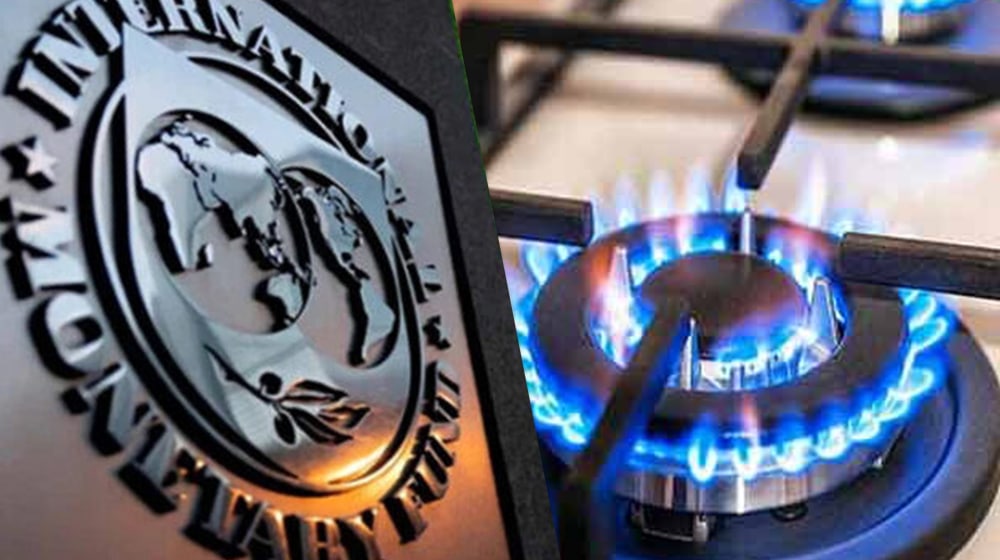The International Monetary Fund (IMF) has advised the Petroleum Division to phase out cross-subsidies gradually to protect vulnerable gas consumers under the Benazir Income Support Programme (BISP).
At the same time, the lender has asked to end budgeted gas subsidies from July 1, 2024, due to Re-Liquefied National Gas (RLNG) diversion to domestic consumers.
In FY2022-23, the government provided Rs. 40 billion in subsidies to domestic consumers due to RLNG diversion, with an additional Rs. 29 billion subsidy allocated for the ongoing financial year. To reduce cross-subsidies, the caretaker government raised gas tariffs for protected domestic consumers by 40-65 percent from February 1, 2024, to essentially collect Rs. 100 billion. For protected consumers using varying gas volumes, the tariff was hiked up to Rs. 100 per MMBtu.
The IMF now wants Pakistan to protect vulnerable consumers with affordable tariffs until an alternative subsidy mechanism, such as the BISP program, is established.
Meanwhile, the government has to discontinue budgeted gas subsidies for domestic consumers in the next fiscal year to recover RLNG diversion costs through the Weighted Average Cost of Gas (WACOG) mode, which is part of the estimated revenue requirements of gas companies.





















